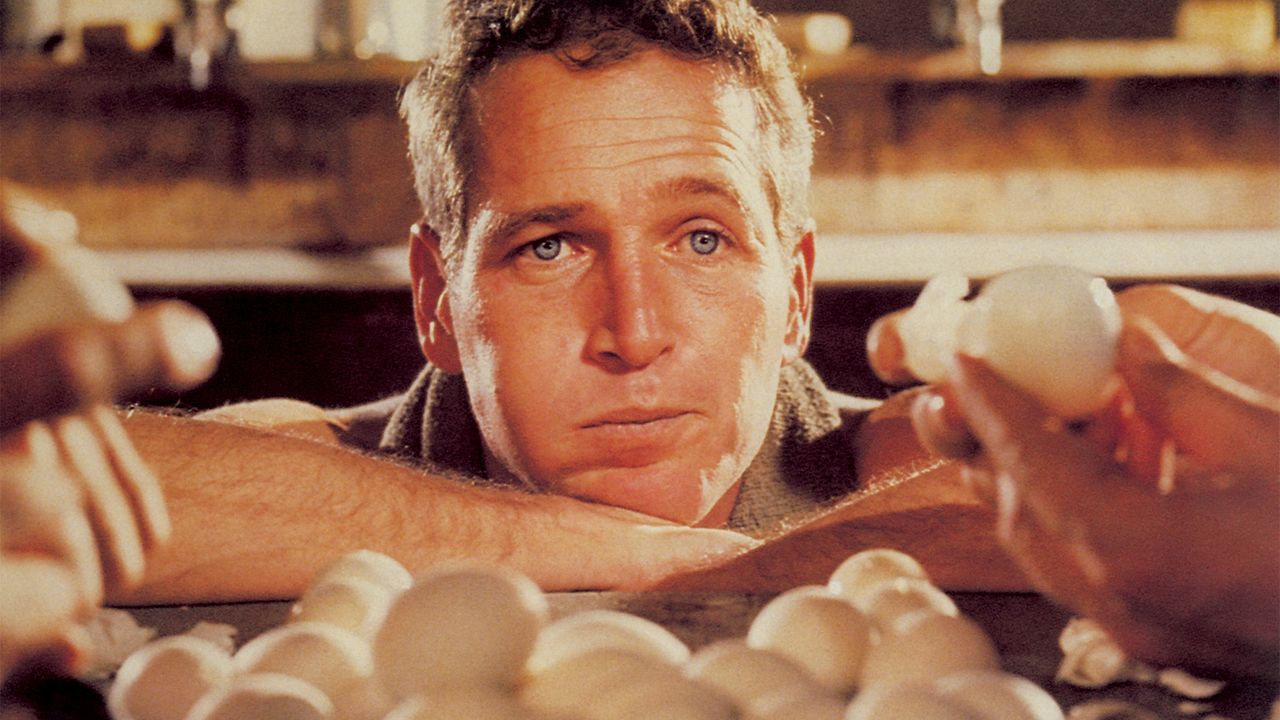People love to debate the timing of dinner, but no meal drums up divergent opinions quite like breakfast. The popular thinking pushed by cereal companies calls breakfast “the most important meal of the day.” And yet, millions of people skip it entirely, and subside off coffee until lunch. Should we be eating breakfast at all? If so, what should we be eating? And what, from a health perspective, is the best time to eat breakfast?
Nutrition experts generally agree that you shouldn’t be scarfing down food as soon as you wake up—wait a couple of hours, at least, until mid-morning. There are a few reasons for this. One is that it extends your overnight fasting window and “gives your gut a little bit more of a rest,” says Rupy Aujla, a doctor who produces podcasts and cookbooks as The Doctor’s Kitchen. Time-restricted eating—waiting at least 12 hours between the last food you eat one day and the first food you eat the next—makes the body burn fat rather than carbs and is associated with weight loss and general good metabolic health. When you first wake up, says Aujla, you should be much more focused on rehydrating with water, because “your kidney’s been working overtime” during the night. He puts a bit of salt in his water for that purpose, and doesn’t eat any proper food until around 9 or 10 am.
Many people simply aren’t hungry first thing in the morning. This, says Adam Collins, associate professor of nutrition at the University of Surrey, is because your body “has already started to export glucose out into the blood in readiness for you to wake up. You’ve already got some energy in the system.”
The problem with traditional, carb-heavy breakfast foods, like cereal, toast and pastries, is that they give you “a lovely glucose spike that fuels your cells, and then you have a corresponding crash,” says Aujla. “You’re hungry [again] by mid-morning, and need coffee and other stimulants to keep yourself focused and up and running until lunchtime.” Instead, he recommends a meal high in protein and fiber—partly because we often generally skimp on protein, which we need for “longevity,” and partly because protein and fiber keep us energetic and satiated through the morning.
Aujla has a few go-to breakfasts along these lines. During the week, he relies on overnight oats that go easy on the actual oats. “I have two tablespoons of oats, two tablespoons of milled flax seed, one tablespoon of chia and one tablespoon of hemp seeds,” he says. “Then I’ll add grated apple, some pumpkin seeds, a bit of protein powder, and then water or coconut milk or whatever. You’re matching those oats, that are quite carbohydrate rich, with [things that are] fiber and protein rich.” When he has more preparation time, he has scrambled eggs or tofu on properly seeded bread (“not like a supermarket bread that’s actually quite carb rich”), or shakshuka with lentils and avocado.

